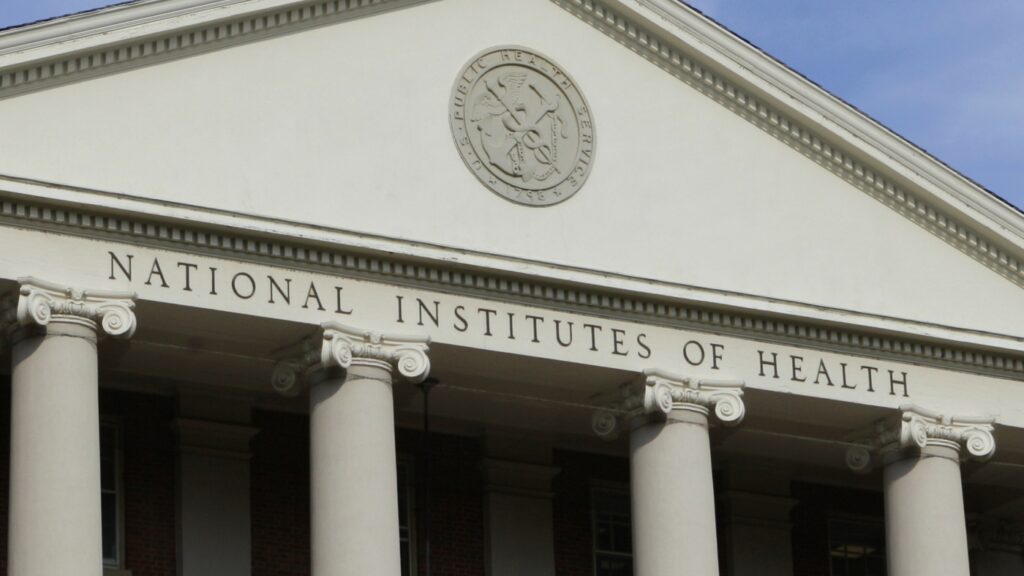The article highlights the significant impact of the Trump administration’s freeze on National Institutes of Health (NIH) research grants, which has halted the consideration of new grant applications. This freeze, resulting from the administration blocking the NIH from posting notices in the Federal Register, has disrupted the allocation of millions of dollars for research on various diseases, including heart disease, cancer, Alzheimer’s, and allergies.
As a result of the freeze, thousands of grant applications worth approximately $1.5 billion have been put on hold, affecting the flow of funding to over 300,000 researchers at more than 2,500 institutions. The temporary halt in publicizing or funding new grants is described as a typical practice for a new administration, although some individuals view it as an attempt to bypass previous rulings.
The situation has sparked concerns among scientists and researchers who rely on NIH funding, with fears of potential program cuts and workforce reductions. There are also discussions about proposed changes to the NIH’s funding structure, including the possibility of redirecting funds through block grants to states.
While some acknowledge the need for improvements in the grant-making process, critics argue that the current approach risks destabilizing the long-established system of scientific research funding. The article sheds light on the ongoing tensions between the Trump administration’s policies and the impact on biomedical research funding, emphasizing the need for a balanced and transparent approach moving forward.

